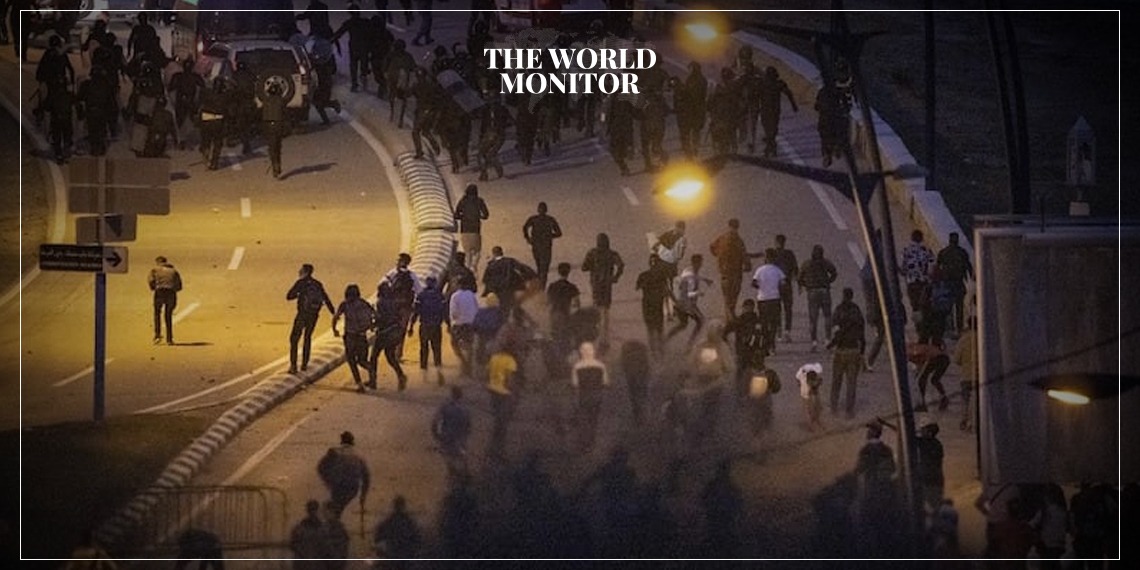In a remarkable crackdown over the past two days, Moroccan authorities have intercepted more than 350 individuals attempting illegal migration toward the northern coast of the Strait of Gibraltar. Among those detained, there were approximately 145 minors and around 100 individuals of Sub-Saharan African nationalities.
These migrants had aimed to reach the northern shore of the Strait of Gibraltar using boats and water scooters. Their journey was concealed by thick fog that blanketed the region in the last two days. In a concerning turn, human trafficking mafias exploited the adverse weather conditions to carry out their illicit activities. They orchestrated a series of covert migration operations towards the northern bank of the Strait of Gibraltar and the occupied city of Ceuta.
Furthermore, last June, the Moroccan Ministry of the Interior reported that they thwarted 25,519 illegal migration attempts and rescued 3,150 migrants in the first five months of the current year.
The Kingdom of Morocco, located in North Africa, has long been a major transit and departure point for migrants aiming to reach Europe, particularly Spain, given its proximity across the Mediterranean. The Strait of Gibraltar is a narrow body of water separating Morocco and the southern tip of Spain. Its narrowest point is only about 14 kilometers (approximately 9 miles) wide, making it one of the most popular routes for migrants from Africa trying to reach European shores.
However, the journey is perilous. Migrants often rely on fragile and overcrowded boats, which can easily capsize in rough seas. The Mediterranean crossing is known for being one of the deadliest migration routes globally.
Human trafficking networks have exploited this desperation, facilitating illegal crossings in exchange for exorbitant fees, often under dangerous conditions. These networks take advantage of factors like adverse weather to evade detection, leading to even riskier journeys for the migrants.
Morocco has collaborated with European nations, particularly Spain, to curb the number of illegal migration attempts. This cooperation includes border control measures, repatriation of migrants, and tackling human trafficking networks. In recent years, Morocco has ramped up its efforts, leading to an increased number of thwarted attempts and rescues.
However, the issue remains complex, with socioeconomic factors, regional instability, and the allure of European opportunities driving many to attempt the hazardous journey.






